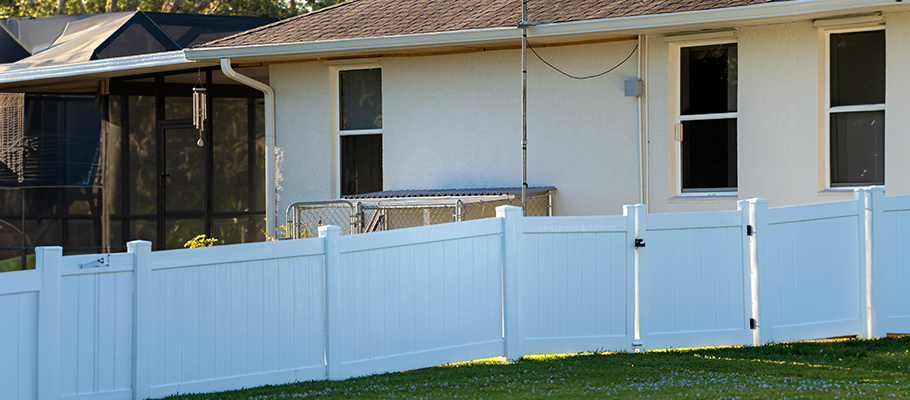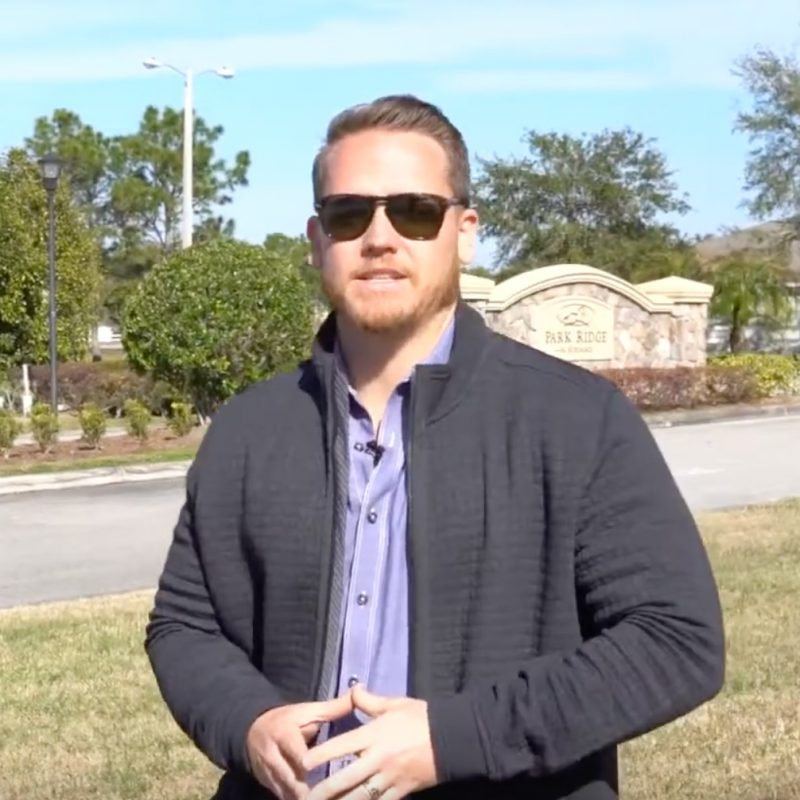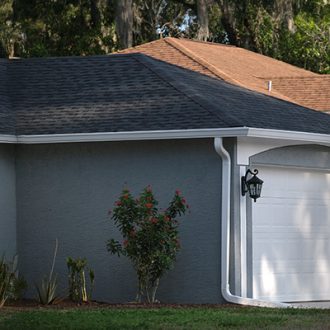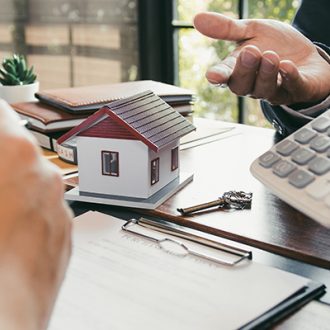
Sell Your Home Fast in Lakeland with Lincoln Madison Investments
If you’re a homeowner in Polk County, Florida, and you’re considering selling your property, you might be wondering about potential roadblocks that could complicate the process. One such issue that often catches sellers off guard is property encroachment. But don’t worry – we’re here to shed some light on this topic and help you navigate the sometimes tricky waters of selling a house with an encroachment.
What is Property Encroachment?
Property encroachment occurs when a structure or other property feature extends beyond its legal boundaries and intrudes onto neighboring land. This could be something as minor as a fence that’s a few inches over the property line, or as major as a garage that’s partially built on your neighbor’s lot.
Here in Polk County, we’ve seen all sorts of encroachment issues, from overhanging tree branches to driveways that veer off course. The key thing to remember is that encroachments, no matter how small, can have significant legal and financial implications.
Can You Sell a Property With Encroachment?
The short answer is yes, you can, but it often comes with additional challenges and potential complications. However, it’s not always a straightforward process, and there are several factors to consider. The severity of the encroachment, the attitude of the neighboring property owner, and the preferences of potential buyers all play a role in how smooth (or bumpy) the selling process might be.
Does Encroachment Affect Property Value?
Unfortunately, in many cases, encroachments can indeed negatively affect property value. The extent of this impact can vary widely depending on the nature and severity of the encroachment.
For example, a minor encroachment like a fence that’s slightly over the property line might have a minimal effect on value. On the other hand, a significant encroachment, such as a neighbor’s shed built partly on your land, could substantially decrease your property’s worth and make it less attractive to potential buyers.
Types of Encroachment
It’s worth noting that encroachments can come in various forms. Some common types we see in Polk County include:
- Structural Encroachments: These involve any part of a building or structure extending beyond the property line onto a neighboring property. This can include the overhang of a roof, a porch, a deck, or even the foundation of a building.
- Landscaping Encroachments: This type of encroachment occurs when vegetation or landscaping elements from one property extend onto another. Common examples include overhanging tree branches, encroaching shrubs or bushes, and roots from trees or plants growing into a neighbor’s yard.
- Utility Encroachments: These involve utility lines, such as water pipes, sewer lines, electrical wires, or cable lines, that cross property boundaries without permission.
- Fence Encroachments: This is a very common type of encroachment where a fence is built beyond the property line, either intentionally or unintentionally. It can lead to disputes between neighbors and may require legal resolution.
Encroachment vs. Easement: What’s the Difference?
It’s easy to confuse encroachments with easements, but they’re quite different. An encroachment is an unauthorized intrusion onto someone else’s property. An easement, on the other hand, is a legal right to use someone else’s land for a specific purpose. For example, a utility company might have an easement to run power lines across your property.
How Do You Resolve Encroachment Issues?
When faced with an encroachment, you generally have several options:
- Talk With Your Neighbor: Often, a friendly conversation can lead to a mutually agreeable solution.
- Sell Part of Your Land: In some cases, you might consider selling the encroached-upon portion to your neighbor.
- Legal Action: As a last resort, you may need to take your neighbor to court to resolve the issue.
Remember, ignoring an encroachment is never a good idea, especially when you’re planning to sell your property.
When Encroachments Become Accepted: Legal Defenses
Now, you might be wondering, “What if this encroachment has been there for years? Does that change anything?” In fact, there are some situations where long-standing encroachments can become legally accepted. Let’s break down two important legal concepts that the University of Florida’s Institute of Food and Agricultural Sciences (UF/IFAS) Extension highlights:
1. Boundary by Agreement
Imagine this scenario: You and your neighbor aren’t quite sure where the exact property line is, so you agree to treat a certain line (like a fence) as the boundary. If you both stick to this agreement for a while, it could become legally binding. Here’s what needs to happen:
- You both need to be unsure about the true boundary line.
- You agree on a line to treat as the boundary.
- You both respect this agreement for a significant period, treating it as the permanent boundary.
2. Boundary by Acquiescence
This one’s a bit simpler. Let’s say there’s a fence that’s been in the wrong place for years, but nobody’s complained about it. After a certain point, the law might say, “Well, if nobody’s objected for this long, we’ll just accept it as the boundary.” For this to apply in Florida:
- There needs to be some uncertainty or dispute about the true boundary.
- One neighbor needs to use the disputed land for more than seven years without the other objecting.
But here’s an important heads-up: Just because a fence has been in the wrong place for a long time doesn’t automatically mean it’s legally accepted. Recent court decisions have made it clear that the mere existence of a misplaced fence isn’t enough to prove there was uncertainty about the boundary.
These legal concepts can get pretty complex, which is why it’s always a good idea to consult with a real estate professional or attorney if you’re dealing with a long-standing encroachment issue.
What is the most common type of encroachment?
The most common type of encroachment is often fence encroachment, where a fence is built slightly over the property line. However, structural encroachments involving buildings or parts of buildings are also fairly common.
What is an encroachment penalty in Florida?
Florida doesn’t have a specific “encroachment penalty,” but encroachments can lead to legal disputes and potential damages awarded by a court. The costs associated with resolving an encroachment can vary widely depending on the specific situation.
Can my neighbor build a fence on the property line in Florida?
In Florida, neighbors can build a fence on the property line if both parties agree. However, it’s always best to have a written agreement in place to avoid future disputes.
Does Florida have a spite fence law?
While Florida doesn’t have a specific “spite fence” law, there are general nuisance laws that can apply to fences built with the primary purpose of annoying a neighbor. These situations are typically handled on a case-by-case basis.
Selling Property With Encroachment
Sell Your Home Fast with Lincoln Madison Investments
Selling a house with an encroachment in Polk County doesn’t have to be complicated. At Lincoln Madison Investments, we specialize in buying houses as-is, offering a straightforward solution to homeowners facing property challenges. Here’s why we’re your best option:
- We buy houses in any condition
- Fast, cash offers with quick closings
- Hassle-free process with a single point of contact
- Fair, top-dollar pricing for your property
- Expertise in handling complex real estate situations
Don’t let encroachment issues hold you back. Whether you’re in Lakeland, Winter Haven, Haines City or anywhere in Polk County, we’re here to help. Contact Lincoln Madison Investments today at 863-521-0549 or contact us online for your fair cash offer. Experience how easy selling your home can be – no stress, no complications, just a quick path to cash in hand. Your solution is just a phone call away!
For more detailed information on Florida’s fence and property laws, you can refer to the Handbook of Florida Fence and Property Law published by the UF/IFAS Extension.




